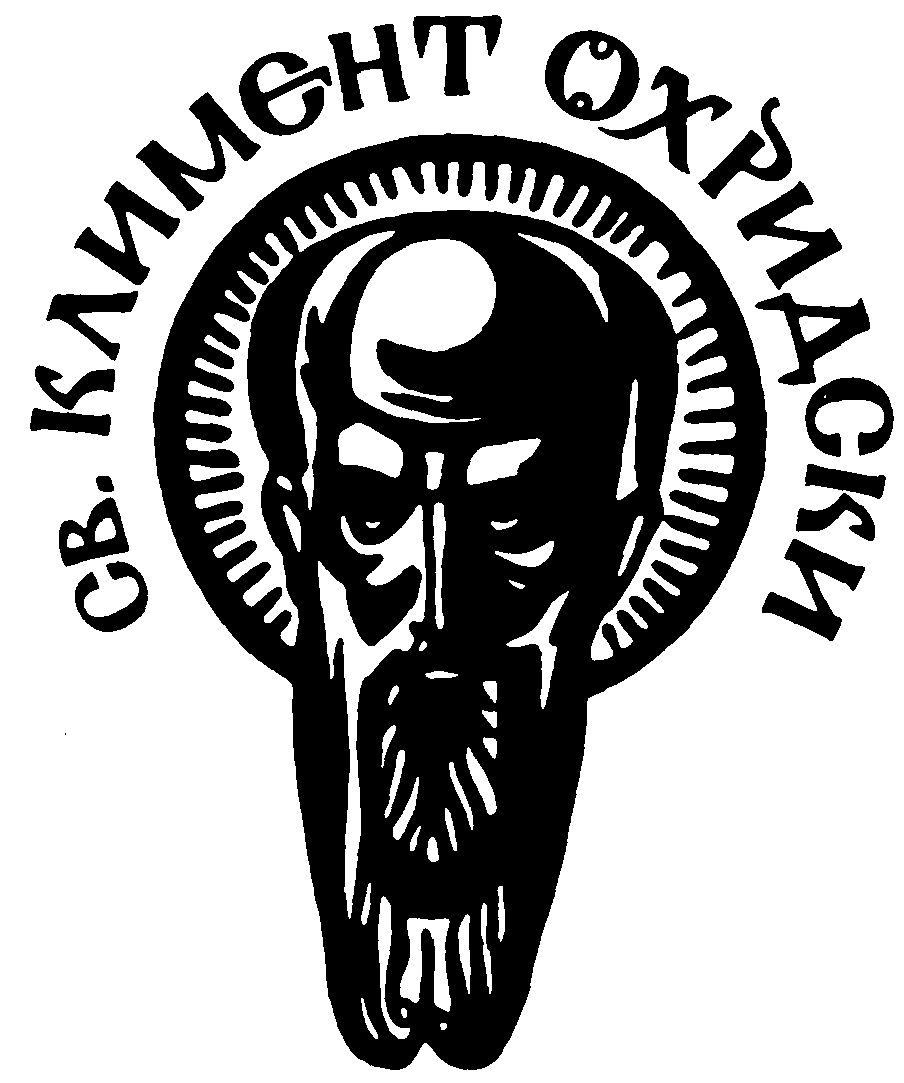The Rumanian Shuffle in a Few Easy Lessons
![]()
THE RUMANIAN SHUFFLE IN A FEW EASY LESSONS
By DAVID BINDER
Published: May 30, 1982 [Източник: електронен архив на вестника - Бел. ред.]
WASHINGTON
THE recent reshuffling of the Rumanian Government by President Nicolae Ceausescu recalled a grand tradition of the Byzantine court - moving officials around to avoid responsibility for a truly wretched performance.
After 17 years of Mr. Ceausecu's rule, Rumania is in terrible straits. Once the breadbasket of the entire Turkish empire, it had to import corn this year from South Africa. Its farms are operated for the most part by women, the men having been drawn into the urban centers to work in now faltering factories.
Last year, Rumania joined Poland and Czechoslovakia in Eastern Europe's club of big debtors. Its total obligations to 213 Western banks are estimated at more than $10 billion and Bucharest is having difficulty obtaining a rescheduling of the $2.3 billion it owed last year and this year.
The May 21 ouster of Ilie Verdet from his post as Prime Minister, along with seven aides, was Mr. Ceausescu's way of acknowledging Rumania's economic difficulties since, in the East European dialectic, it is almost always ''the Government'' - hardly ever the Communist Party - that is held responsible for failures of industry and agriculture.
The new Prime Minister, Constantin Dascalescu, is, like Mr. Verdet, a long-time associate of Mr. Ceausescu. But he is expected to be tougher in the execution of his duties.
A piquant and also Byzantine aspect of the shifts is that two of the affected principals, Mr. Verdet and Cornel Burtica, are related to Mr. Ceausescu by marriage. Mr. Verdet is married to a Ceausescu sister and Mr. Burtica to a Ceausescu niece.
Mr. Burtica was ''released from the office of deputy prime minister,'' according to the party announcement. Both men retained their memberships in the Politburo, as did Emil Bobu, another ousted deputy prime minister. Mr. Verdet further was given a vice presidency on the largely ceremonial Council of State.
Observing these shifts, a Rumania specialist at the State Department remarked last week that they had served to shiver the myth that Mr. Ceausescu was running Rumania as a family business in which he was the godfather. ''That was exaggerated,'' the specialist said.
Nevertheless, the President's wife, Elena, remains a member of the Politburo and is also a deputy prime minister, while their son, Nicu, heads the Union of Communist Youth.
Still other Ceausescus named Constantin, Gheorghe, Ilie and Ion also hold positions in the party-state bureaucracy. A peculiarity of the latest Bucharest shuffle is that some of those demoted had links with a ''transcendental meditation'' cult with headquarters in the capital. One was the ousted Education Minister, Aneta Spornic, who also lost her membership in the Politburo. She was reassigned, however, to the State Planning Commission where, given Rumania's persistant economic problems, transcendental meditation could come in handy. -DAVID BINDER



















